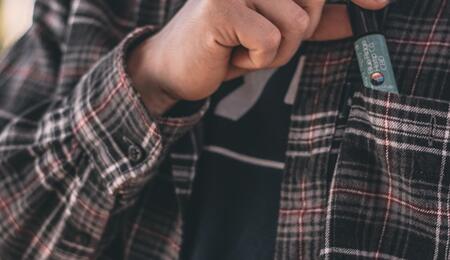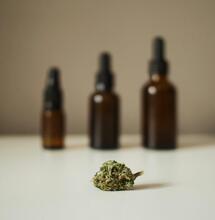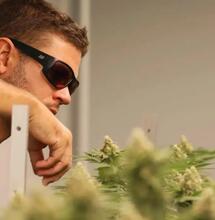How Effective is CBD Really?

CBD is the second most plentiful cannabinoid after THC. It's commonly considered non-psychoactive, as it doesn't get you high. However, CBD can affect mood based on how it impacts the brain, which makes it psychoactive. CBD is not a powerful drug, and most of its endorsed effects are only seen after high doses are given.
While CBD has been verified to work as a remedy for symptoms of specific sorts of epilepsy, it only does so when administered in massive doses, such as 600+ milligrams per dose. So what does this mean for the person simply looking for relief from more common, less severe conditions such as anxiety or inflammation?
Several studies have shown that CBD can have anti-anxiety and anti-inflammatory influences. Nevertheless, these effects have only been reliably experienced at adequately high dosage levels. Studies that show an anti-anxiety impact generally use 300 milligrams or more CBD in pill form. CBD, like other cannabinoids, has low oral bioavailability; your body only absorbs and uses a slight trace of what you consume. For example, your body may only receive 10% of the amount of CBD that you swallow. So, if you consume 300 milligrams of CBD orally, only around 30 mg will enter your bloodstream.
This poses a problem, as CBD products generally comprise deficient levels of CBD. Like a capsule or gummy, a standard oral CBD product often possesses only a few milligrams per dose. So, say a CBD capsule contains 10 mg, meaning your body may only absorb 1 mg of the CBD. Unfortunately, there's no current scientific evidence that a dose this low will do anything further than trigger a placebo influence.
A simple rule of thumb regarding CBD: don't expect any anti-anxiety or anti-inflammatory effects from your CBD product unless you're ingesting at least 300 milligrams per dose.
The CBD product that offers the highest doses of CBD are tinctures and orally consumable products, including capsules or gummies. Consuming CBD with THC can deliver synergistic results. THC and CBD have anti-inflammatory agents but act via separate mechanisms. CBD may also impact the metabolism of other drugs, like THC. Taking oral forms of CBD and THC together at a high CBD: low THC ratio can help increase THC's effects. This is presumably due to the CBD inhibiting gut enzymes that metabolise THC. With sufficient levels of CBD, THC will be broken down more slowly.
The low potency of CBD may be the key to its medicinal potential. Unlike other high-strength pharmaceuticals, CBD fails to bind strongly to exclusively one or a small number of receptors in the body. Instead, CBD interacts weakly with a large number of different receptors. The major disadvantage of a drug like CBD is that you must consume a larger dose before seeing any measurable effects. The plus point is that CBD does not affect just one receptor type. This may help to explain why CBD is so well-tolerated and has minimal side effect potential in the case of most people.
More on this topic from Soft Secrets:
Breeding with high CBD and low THC







